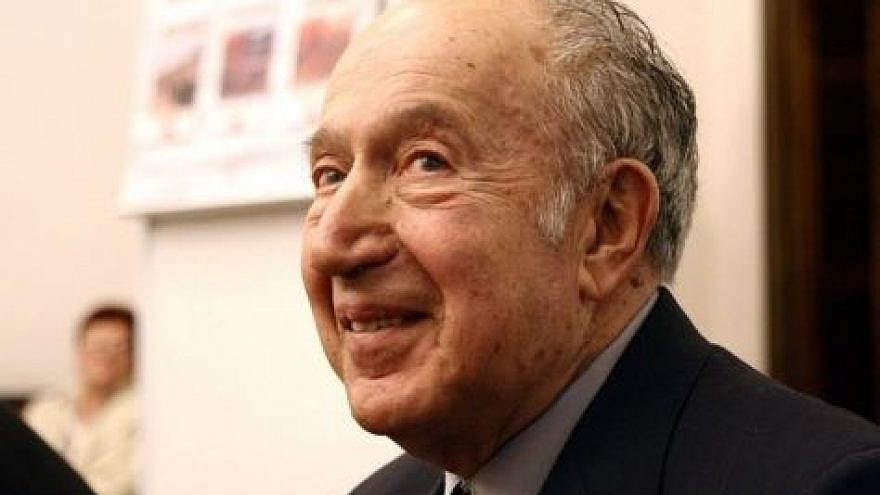Professor Richard Pipes, a noted Russian expert and historian who played a key role during the Reagan administration in shaping policy on the Soviet Union and Eastern Europe, died on May 17 at a nursing home near Cambridge, Mass. He was 94 years old.
Born Ryszard Edgar Pipes on July 11, 1923, in Cieszyn, Poland, his family later fled Poland in 1939 on forged passports after German troops arrived. His family eventually reached the United States in 1940 and settled in Elmira, N.Y. He served in the Army Air Corps during World War II, and eventually obtained a bachelor’s degree from Cornell University in 1946 and a doctorate in history from Harvard in 1950, where he would spend his entire academic career, according to a New York Times obituary.
Pipes, a moralist whose experience fleeing Nazi Germany greatly shaped his views concerning authoritarianism, is also especially noted for his role during the Gerald Ford administration in 1976 of leading a group of military and foreign-policy experts, known as “Team B.” Their report, which was commissioned by the CIA, offered a pessimistic analysis of the Soviet Union’s military strategy and foreign policy, which helped galvanize conservative opposition to détente and arms control with the Soviets at the time, and later influenced President Ronald Reagan’s policy of challenging the Soviet Union.
During the Reagan administration, he was appointed director of Eastern European and Soviet affairs at the National Security Council. He played a role in drafting the National Security Decision Directive 75, which sought not to punish Soviet misbehavior after the fact, but instead pursue policies to change the nature of the regime.
Afterwards, one of his most noted works was The Russian Revolution, published in 1990, which “mounted a frontal assault on many of the premises and long-held convictions of mainstream Western specialists on the Bolshevik seizure of power,” wrote The New York Times. That book took a harsh stance on the Bolsheviks and Vladimir Lenin, who still had a degree of respect and sympathy among some Western historians.
“He shed new and harsh light on the Bolshevik campaign against the peasantry, which, he argued, Lenin had sought to destroy as a reactionary class. He also accused Lenin of laying the foundation of the terrorist state that his successor, Joseph Stalin, perfected,” the Timeswrote in his obituary.
Pipes is survived by his wife, Irene; and sons Steven and Daniel, the latter who serves as president of the Middle East Forum.


























